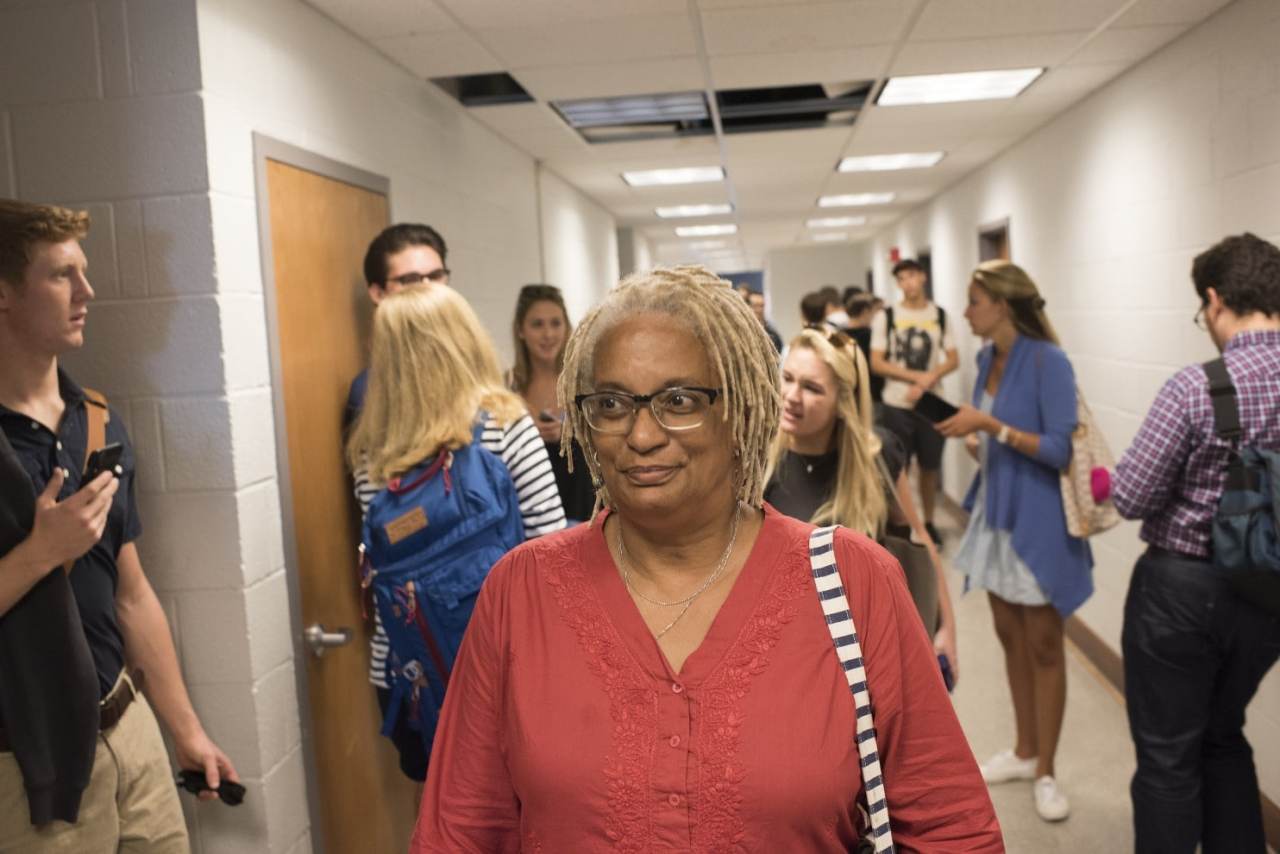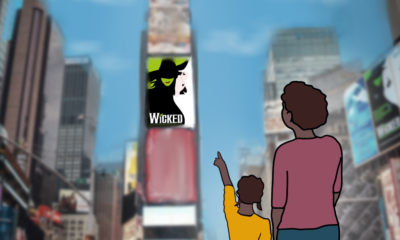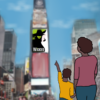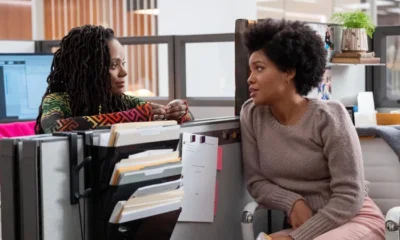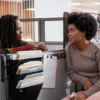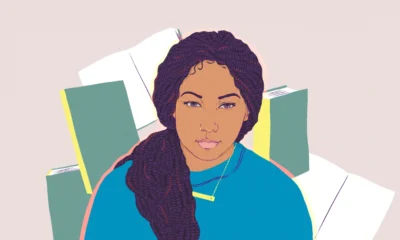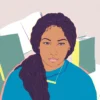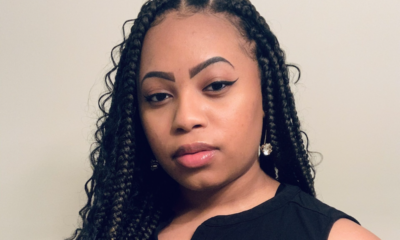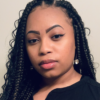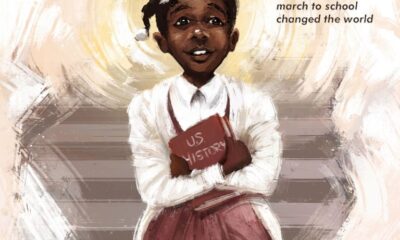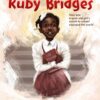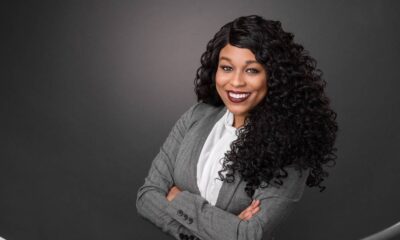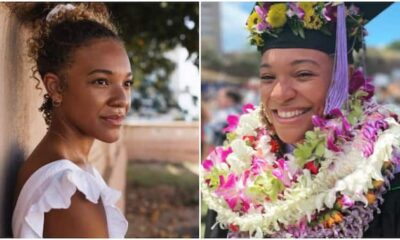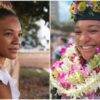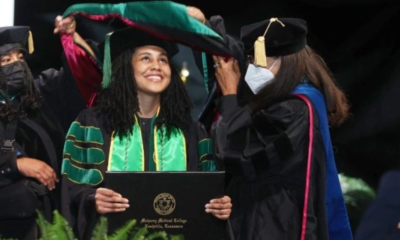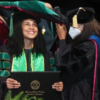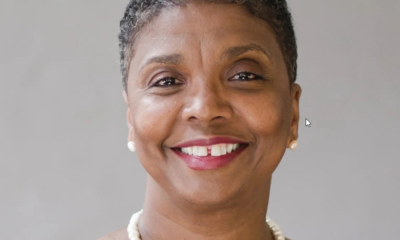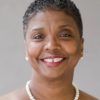Black Women in Education
Her ancestors were Georgetown’s slaves. Now, at age 63, she’s enrolled there — as a college freshman
On the first day of class at Georgetown University, the 63-year-old freshman left her dorm room in Copley Hall, carrying highlighters and a legal pad. Walking down the hallway, her gray-blond dreadlocks swinging, her heavy bracelets chiming, Mélisande Short-Colomb gave her schedule a quick look. Today she’d attend the “Problem of God,” a course on the existence and nature of God. And tomorrow would bring the class she’d been waiting for: African American Studies.
It was a subject with which Short-Colomb had recently become more acquainted. The history of her own family was the history of African Americans, and, she has learned, proof of how deeply the roots of slavery go in America’s most prominent institutions and universities.
At a time when the nation is undergoing a tumultuous reckoning with the darkest chapter of its past, when protests have turned deadly in Charlottesville and college students across the country are demanding the renaming of buildings linked to slavery, Short-Colomb was quietly coming to terms with her own place in that sweep of history.
Her ancestors were among the 272 slaves Georgetown priests had sold in 1838 to help pay off the university’s debts during a financially turbulent time. Now it was nearly two centuries later, the truth of what happened was finally out in the open and here she was, a member of her family, again in Washington but under very different circumstances.
The university has granted legacy status to the slaves’ descendants as part of an effort to atone for the sale of their ancestors. But only two have come so far. One is 20. The other, the oldest degree-seeking undergraduate at Georgetown, is Short-Colomb.
She had completed so much of life — she had become a mother, grandmother, professional chef — but increasingly she was feeling like a piece was missing. Did she owe something to the slaves who were sold and the children who followed, and would joining with the university that began it all bring some sense of resolution?
Hoping her experience at Georgetown would help …
Please read original article- Her ancestors were Georgetown’s slaves. Now, at age 63, she’s enrolled there — as a college freshman



